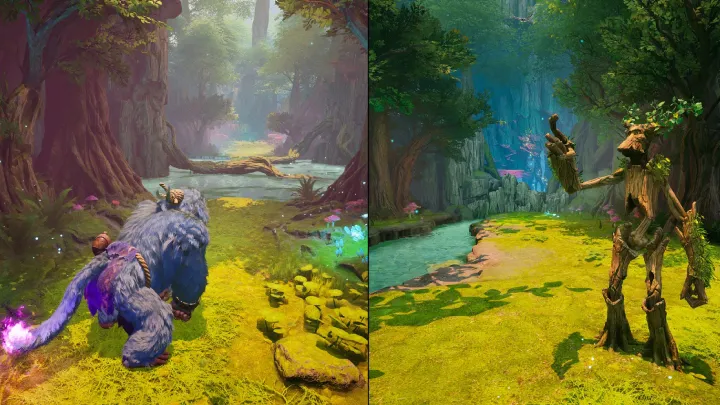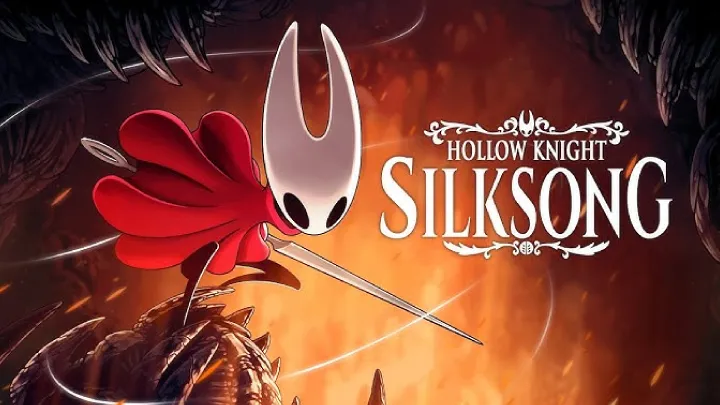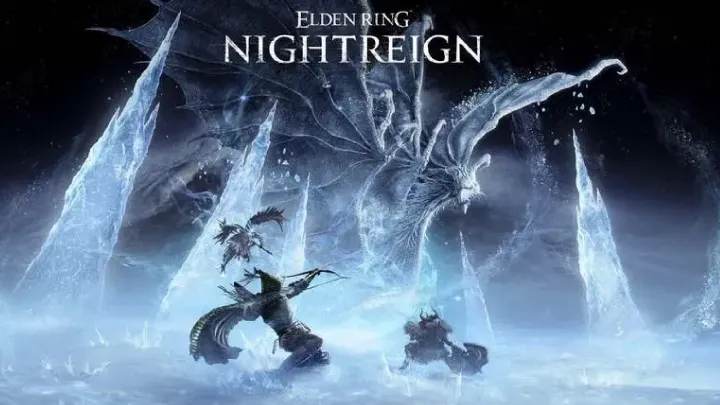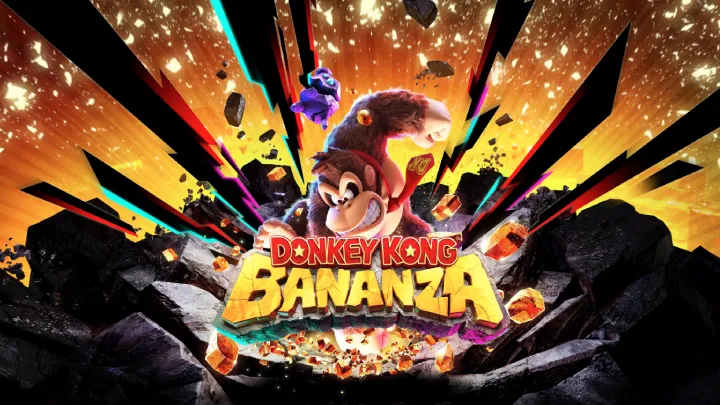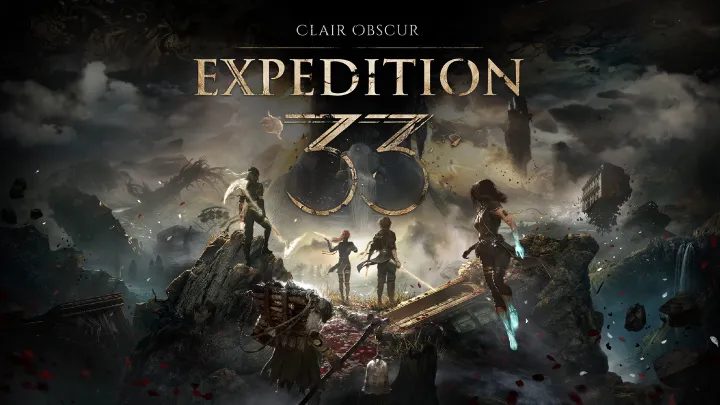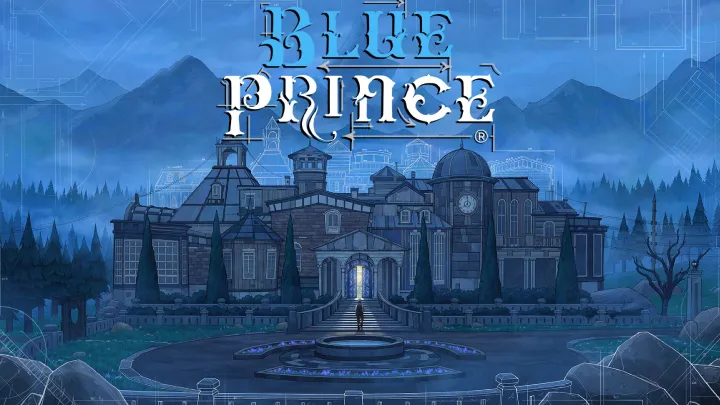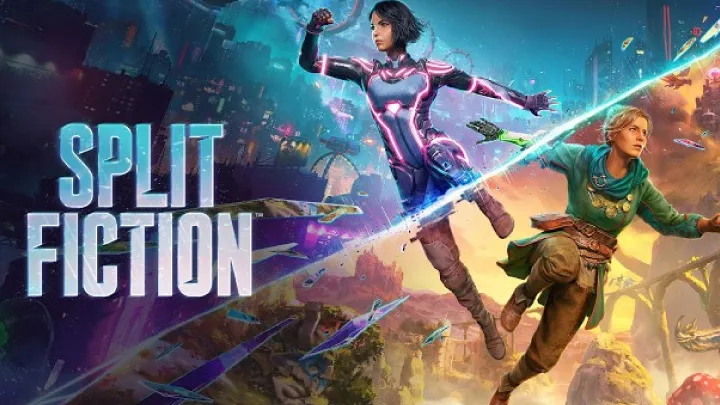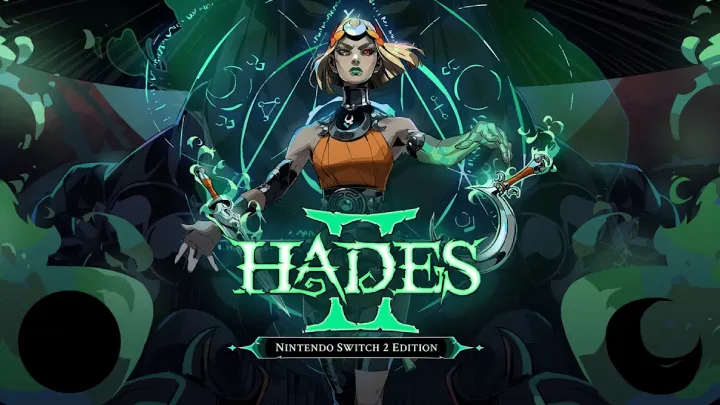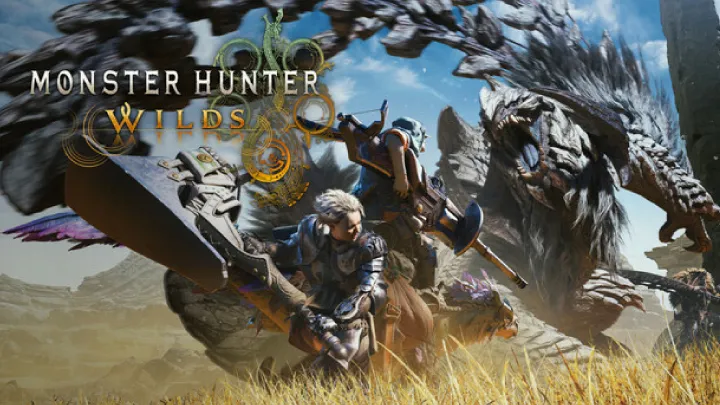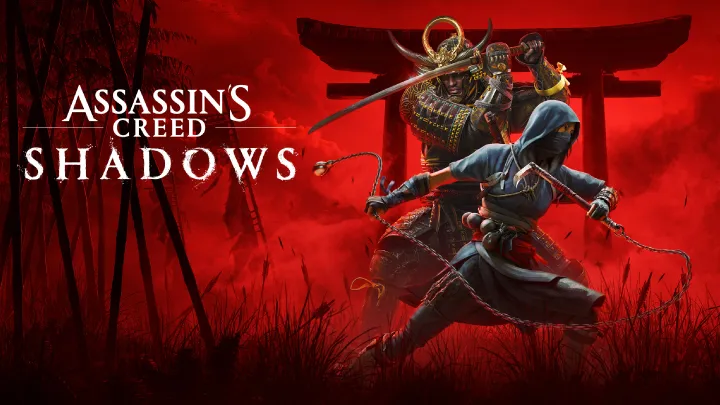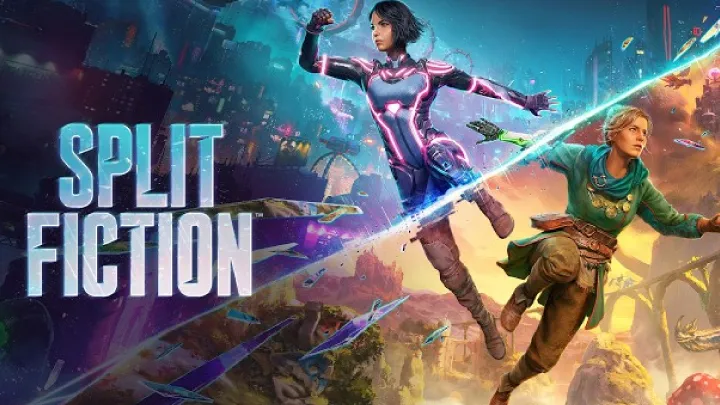 Introduction
Introduction
Split Fiction has emerged as a standout title in the gaming landscape, captivating players with its innovative mechanics and engaging storyline. Central to the game's appeal is its focus on player choices and the resulting consequences. However, this very aspect has also sparked significant debate within the gaming community regarding the effectiveness of its narrative structure. This article explores the complexities of player agency in Split Fiction, examining how choices impact the storyline, character development, and the overall player experience.
The Premise of Split Fiction
At its core, Split Fiction presents players with a unique narrative experience where decisions have profound implications. Set in a dystopian world where realities can be altered through choices, players navigate a storyline that challenges their morals and beliefs. The game’s protagonist, Alex, finds themselves caught in a web of deceit and power struggles, forcing players to make decisions that not only affect their character’s progression but also the fate of entire factions.
The Unique World-Building
The game’s setting is richly developed, drawing players into a world that feels both familiar and alien. The juxtaposition of various factions, each with its own ideology and goals, creates a vibrant backdrop for the unfolding story. Players are introduced to a range of characters, from charismatic leaders to morally ambiguous allies, each contributing to the narrative's depth.
The Role of Player Choices
What sets Split Fiction apart is its emphasis on player choices. Unlike many games where decisions are relegated to dialogue options, Split Fiction integrates these choices into the very fabric of the gameplay. Players must often choose between conflicting moral dilemmas, with each choice leading to different consequences that ripple through the narrative.
The Mechanics of Decision-Making
The decision-making process in Split Fiction is both intricate and demanding. Players are often presented with time-sensitive choices that require quick thinking and a clear understanding of the potential outcomes.
Time-Sensitive Choices
One of the game’s standout features is the time-sensitive nature of many decisions. Players are often faced with scenarios where they must act quickly, adding a layer of tension to the gameplay. This mechanic forces players to rely on their instincts and values, making the choices feel more impactful.
Informed Decisions
Furthermore, Split Fiction provides players with information that can influence their decisions. Characters may offer insights or warnings, creating a sense of realism. However, this information can sometimes be misleading, leading to unintended consequences that challenge players' assumptions and moral reasoning.
Character Development Through Choices
The choices players make in Split Fiction are not just about immediate outcomes; they significantly impact character development. As players navigate the story, their decisions shape Alex’s personality, relationships, and skills.
Evolving Relationships
Character relationships are dynamic and evolve based on the player’s choices. For instance, siding with one faction over another can strengthen or weaken relationships with specific characters. This adds emotional weight to the decisions, as players must consider how their choices affect not only Alex but also the people around them.
Skills and Abilities
Additionally, the decisions players make can unlock or restrict certain skills and abilities. Choosing to ally with a particular faction may grant access to unique powers or resources, while alienating others could result in lost opportunities. This system encourages players to think strategically about their choices and how they align with their playstyle.
The Consequences of Choices
While player choices are central to Split Fiction’s narrative, the consequences of these choices can sometimes feel overwhelming. The game presents a complex web of outcomes that can leave players questioning their decisions long after they’ve made them.
The Butterfly Effect
One of the most discussed aspects of Split Fiction is the “butterfly effect” that manifests in the narrative. A seemingly trivial choice at one point can lead to significant ramifications later in the game. This unpredictability can enhance the storytelling but also frustrate players who feel their choices are too convoluted to navigate.
Player Frustration
Some players have expressed frustration with the feeling that their decisions may not matter as much as they would like. This sentiment often arises when players encounter unforeseen consequences that alter the narrative in ways they did not anticipate. Such experiences can lead to a sense of helplessness, detracting from the sense of agency that the game aims to provide.
The Narrative Structure: A Double-Edged Sword
The narrative structure of Split Fiction is both a strength and a potential weakness. While it offers players a rich and immersive experience, it also runs the risk of becoming too convoluted, leading to confusion and disconnection from the story.
Branching Paths
The game features multiple branching paths, each shaped by player choices. This design allows for diverse storytelling but can also create a fragmented narrative experience. Players may find themselves struggling to keep track of various plotlines and character arcs, which can detract from their overall immersion in the world.
Balancing Complexity and Clarity
Finding the right balance between complexity and clarity is essential for maintaining player engagement. Some players argue that the narrative could benefit from clearer cues about the implications of their choices, allowing for a more satisfying storytelling experience.
Community Reactions and Interpretations
The release of Split Fiction has sparked extensive discussions within the gaming community, with opinions varying widely regarding its approach to narrative choices. Some players praise its ambitious storytelling, while others criticize the potential for confusion.
Positive Reception
Many players appreciate the depth of the narrative and the emotional weight of their choices. The game’s ability to evoke strong feelings and provoke thought about morality and consequence has garnered a dedicated fanbase. Players often share their experiences and interpretations, fostering a vibrant community of discussion.
Critiques of Complexity
Conversely, some players have voiced concerns about the game’s complexity, arguing that it can detract from the enjoyment of the narrative. Critics point out that the intricate web of choices can lead to frustration, especially for those who prefer more straightforward storytelling. This divide highlights the challenges of crafting a narrative that appeals to a broad audience while maintaining depth and nuance.
The Future of Player Agency in Gaming
The success and challenges of Split Fiction may have broader implications for the future of player agency in gaming. As developers seek to create more interactive and engaging narratives, the lessons learned from Split Fiction can help shape future titles.
Emphasizing Clarity in Choices
One potential direction for future games could involve emphasizing clarity in decision-making. Providing players with clearer information about the consequences of their choices could alleviate some of the confusion associated with intricate narratives. This approach would allow players to feel more confident in their decisions and enhance their overall experience.
Balancing Complexity and Accessibility
Developers may also explore ways to balance complexity with accessibility. Creating branching narratives that are easy to navigate while still offering depth and variety could appeal to a wider range of players. This balance would encourage exploration and experimentation without overwhelming players.
Conclusion
Split Fiction stands as a testament to the potential of narrative-driven gaming, showcasing the power of player choices and the complexities that accompany them. While the game’s intricate decision-making mechanics and branching narratives provide a rich and immersive experience, they also raise questions about clarity and player agency. As players navigate the moral dilemmas and consequences of their choices, they are invited to engage deeply with the story and its characters. However, the challenge lies in ensuring that the narrative remains accessible and coherent. The lessons learned from Split Fiction may pave the way for future games to explore the delicate balance between complexity and player engagement, ultimately enriching the landscape of interactive storytelling.
